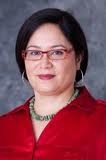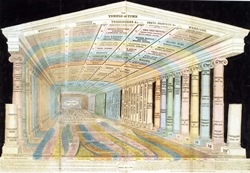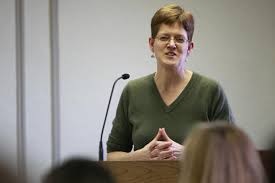 The Gender and History Lecture Series Presents:
The Gender and History Lecture Series Presents:
Maylei Blackwell, University of Los Angeles
Associate Professor César E. Chávez Department of Chicana/o Studies and Women’s Studies Department
Tues, Sept 23, 2014 – 4:30-6pm, reception to follow
Konover Auditorium, Dodd Research Center
Storrs Campus
This event is free and open to the public.
Professor Maylei Blackwell is an interdisciplinary scholar activist, oral historian, and author of ¡Chicana Power! Contested Histories of Feminism in the Chicano Movement, published with University of Texas Press.
She is an Associate Professor in the César E. Chávez Department of Chicana/o Studies and Women’s Studies Department, and affiliated faculty in the American Indian Studies and Lesbian, Gay, Bisexual, and Transgender Studies.
Her research has two distinct, but interrelated trajectories that broadly analyze how women’s social movements in the U.S. and Mexico are shaped by questions of difference factors such as race, indigeneity, class, sexuality or citizenship status and how these differences impact the possibilities and challenges of transnational organizing. Through collaborative and community-based research, Professor Blackwell has excavated genealogies of women of color feminism in the U.S. and accompanied indigenous women organizers in Mexico as well as feminist movements and sexual rights activists throughout Latin American. Her most recent research with farm worker women and indigenous migrants seeks to better understand new forms of grassroots transnationalism

